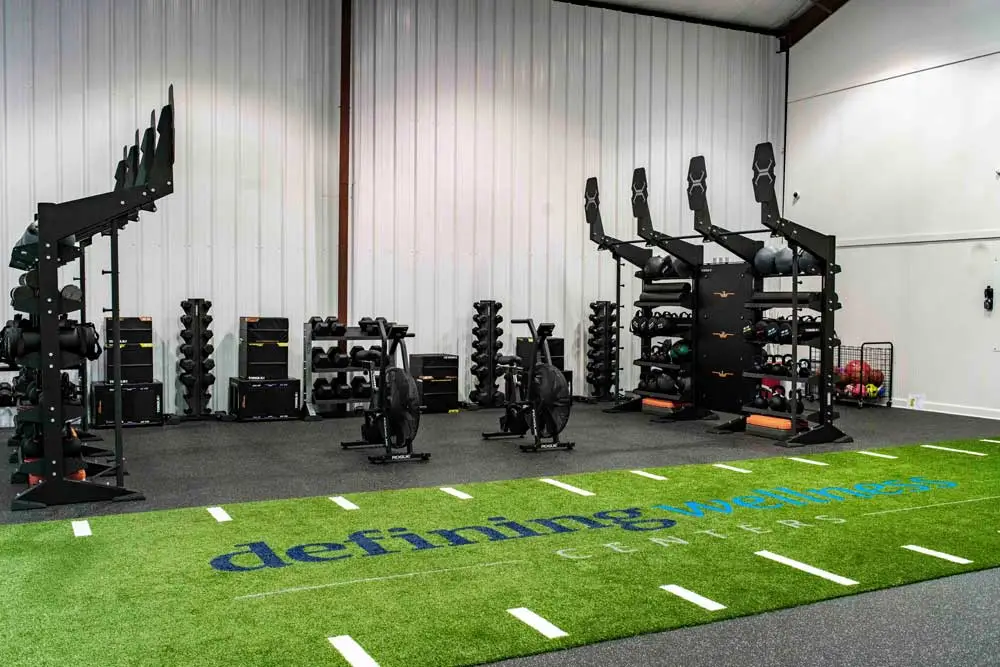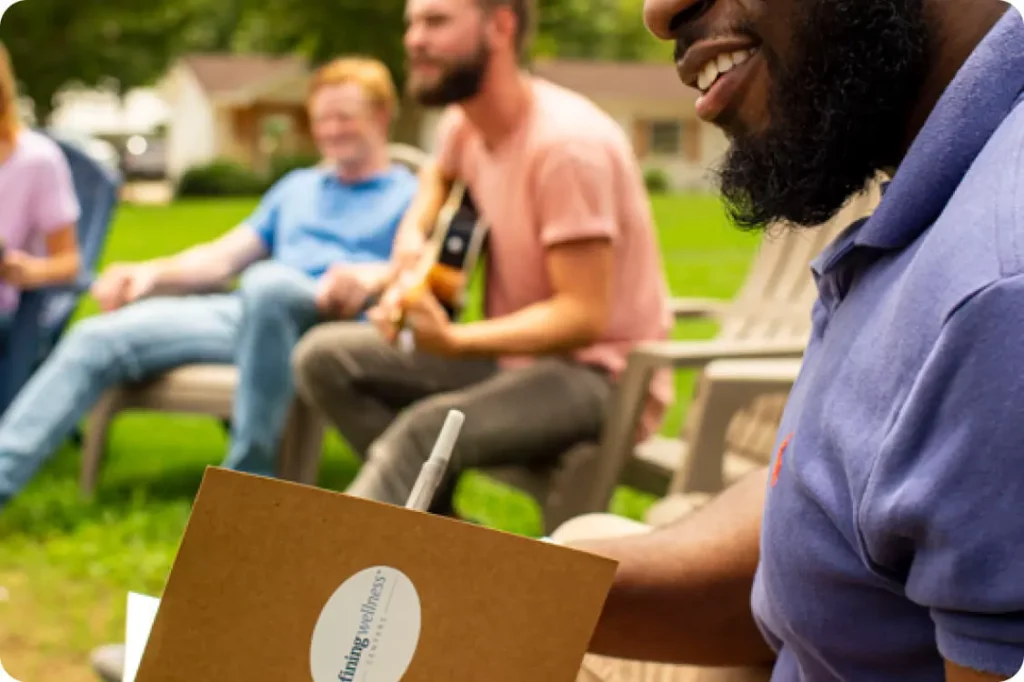Incorporating Family in Recovery
When you have a loved one struggling with an addiction, it’s incredibly difficult. You wonder if you’re doing the right thing, what you could have done differently, if you should have seen signs of a problem sooner, etc. The ‘what-if’s’ and worries are never-ending, and all they do is tear at the threads of your already frayed psyche. The reality is that you’ve arrived at the point where you’re here, on our website, reading about the options available to you for your child, spouse, sibling, friend, or loved one. It’s time to let go of the what-if’s and focus on the ‘what now.’ You’ve recognized that there’s an issue and you need to take action, so what are the next steps?
First, take stock of the situation and give yourself a break. You are not all-knowing and all-seeing, and you can’t control every action that someone takes. While there are very likely family issues to be addressed during treatment, right now the focus is on getting your loved one to a safe place so that they can begin the process of healing. Once they’re in a program, the therapeutic work can begin on all of the emotions, including anger, guilt, fear, and ultimately, hope.
If your loved one is unwilling to enter treatment voluntarily, an intervention may be the next logical step. Utilizing a professional interventionist helps to keep things moving in a forward direction without getting caught up in the emotional chaos of the situation. While not always necessary, in some scenarios it’s helpful and allows you to note maintain the role of a family member or friend, while someone else manages the process of getting your loved one to a program.
Empowering Families
Prior to admission at Defining Wellness Centers, we ask for information from family members/loved ones, to the best of their knowledge. We want to know the behaviors you’ve witnessed and what your loved one has been struggling with so that we have a more detailed scope of the situation. Once your loved one admits to treatment we begin the process of creating a collaborative treatment plan. Part of the therapeutic treatment plan is family therapy.
We encourage clients and their families/loved ones to engage in workshops and therapy sessions at Defining Wellness Centers to better understand how the client’s addiction has impacted the family as a whole. According to The National Council on Alcoholism and Drug Dependence, addiction is a family disease. Not only is the addict impacted by their behaviors, but everyone who loves and supports them is effected. In response to an addict’s actions, family members and loved ones often implement unhealthy coping strategies in an effort to maintain peace in the home. This leads to dysfunction all around, ultimately contributing to the ongoing cycle of addiction.
Codependent and enabling behaviors often arise when family members attempt to adapt to the dysfunction. Sometimes family members find themselves removing consequences, out of both love and fear, which makes it comfortable for your loved one to maintain their addiction. It’s easy to fall into these patterns and our clinical therapy team provides education and counseling to help you recognize the behaviors and make healthy changes. We also encourage family members to engage in their own therapy program while their loved one is in treatment, along with attending support groups like Al-Anon, Nar-Anon, and CoDA.
Family Coping Skills
Codependent behaviors are learned thoughts and attitudes that neglect your own needs and desire in favor of concern for a loved one and their problems.
- Finding your sense of purpose by making extreme sacrifices to satisfy your loved one
- Not being able to say no when your loved one makes demands on your time and energy
- Covering for your loved one’s problems with drugs, alcohol, and law enforcement
- Keeping quiet about things that worry or concern you in order to avoid arguments
- Living in denial about the addiction issues, either by lying to others about your loved one’s problems or avoiding them because you don’t want to make excuses
- Developing your own unhealthy behaviors, like overeating, compulsive shopping, or obsessive exercise to help you cope with reality
- Basing your mood and outlook on that of your loved one
Enabling behaviors support your loved one’s substance use disorder by removing consequences, maintaining a comfortable existence in which they can continue using.
- Hiding your feelings and keeping quiet in order to keep the peace
- Accepting your loved one’s excuses/justifications for their substance use
- Protecting your loved one’s image by minimizing their addiction, either by making excuses for them or cleaning up any trouble they encounter
- Using drugs or alcohol with your loved one as a way to mediate the consequences
- Pretending everything is fine to anyone outside the family/relationship
It’s important to understand what codependency and enabling behaviors look like so that you can combat them. It’s really scary to implement consequences and maintain them, but the alternative is to support your loved one’s substance use. Though you may object, unless you identify and maintain consequences that show that you won’t tolerate the behaviors, you’re enabling the issue. Actions speak louder than words, and it’s beyond difficult emotionally to be in this position, but nothing will change if you allow it to remain the same.
Healing Together
Addiction is a scary word and an even more terrifying disease. It truly does impact the entire family and no one is left untouched by the damage and havoc it wreaks. It’s important to remember that there is hope – recovery is possible and your loved one and family can come through this. It’s not an easy journey but our team is here to offer support as you navigate the process. Wellness is not just the goal for our clients, but for the entire family. When everyone faces the situation and engages in healthy communication, true healing commences and you and your loved one begin the process of moving forward with the coping tools and strategies necessary for sustained recovery and ongoing healthy relationships. If you’re concerned about your loved one, don’t hesitate to reach out to us today at [phone]. We can talk about the current situation and the next steps, developing a plan that works for you.









